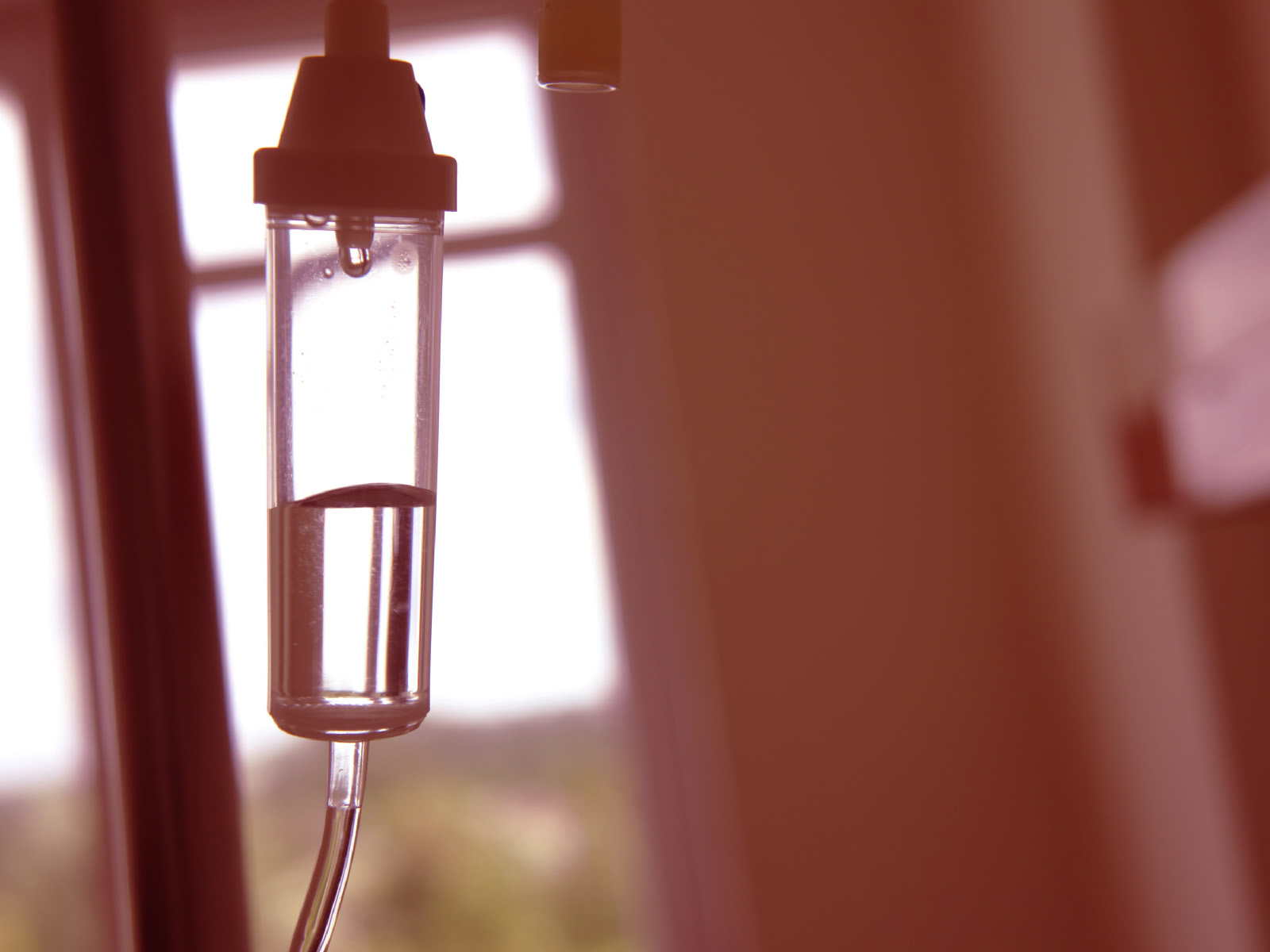How Belgium went down the slippery slope of assisted suicide
Opponents have long warned that assisted suicide could lead to a moral calamity. Turns out they were right.


A free daily email with the biggest news stories of the day – and the best features from TheWeek.com
You are now subscribed
Your newsletter sign-up was successful
The scene: A hospital room. A grave nurse comes in, just as she did last week. "Now sir, we have to inform you that your condition is terminal, as you know. And you have the right to die on your own terms. I know you know this. But you know we have to say it. We will respect your decision no matter what it is. And if today you decide against the option with dignity, we promise that next week, after going over the expenses associated with your continued course of treatment, you can choose again." Family members flash their eyes at each other at the word "expenses." The patient, exasperated, shakes his head no — he will not die today.
That’s the scenario that opponents of legal assisted suicide have conjured for decades. And it's been dismissed over and over again as a slippery slope argument. So has the idea that assisted suicide would increase the number of people who wanted to kill themselves, or that it could be used on non-terminal patients: the unfortunate, the depressed, the merely weak. All these ideas were dismissed as an exercise in fear-mongering.
So it is useful to see an excellent report by Rachel Aviv in The New Yorker on a nation that has gone down that slope: Belgium. In Flanders, nearly 5 percent of all deaths are now suicides assisted by a physician. Read that sentence again. That means nearly one in 20 people are ending their lives purposely. That statistic indicates that the phenomenon goes far beyond those who are in physical agony or suffering extreme indignities of illness. In fact, it goes beyond those who are terminally ill:
The Week
Escape your echo chamber. Get the facts behind the news, plus analysis from multiple perspectives.

Sign up for The Week's Free Newsletters
From our morning news briefing to a weekly Good News Newsletter, get the best of The Week delivered directly to your inbox.
From our morning news briefing to a weekly Good News Newsletter, get the best of The Week delivered directly to your inbox.
Although most of the Belgian patients had cancer, people have also been euthanized because they had autism, anorexia, borderline personality disorder, chronic-fatigue syndrome, partial paralysis, blindness coupled with deafness, and manic depression. In 2013, Wim Distelmans euthanized a 44-year-old transgender man, Nathan Verhelst, because Verhelst was devastated by the failure of his sex-change surgeries; he said that he felt like a monster when he looked in the mirror. [The New Yorker]
Aviv found people who underwent assisted suicide for reasons even more banal than the ones listed above. Sometimes these people were not even clinically sick. Very rarely is suicide committed by someone in jeopardy of losing all reason in the face of actual physical pain. It is more often a person who despairs of losing his or her autonomy, of being out of control of events.
And chillingly, doctors pressure patients into making the decision. One doctor, who performs euthanasia eight to 10 times a year, told Aviv, "Depending on communication techniques, I might lead a patient one way or the other."
How could it be otherwise? The idea that suicide, alone among medical treatments, would solely be the patient's decision, absent any social or financial pressure from a doctor, was always a fiction. Doctors are in the business of advising and steering patients toward recommended treatments. That’s precisely why suicide should not be a treatment, and certainly not one offered to people who aren't ill.
The other notable aspect of Aviv's report is that one of the doctors who performs euthanasia is something of a celebrity in Belgium, held up as a benevolent symbol of its secular humanism. Media reports about euthanasia follow a kind of ritualized script about the bravery and dignity of those who ask for and receive their own personal final solution.
A free daily email with the biggest news stories of the day – and the best features from TheWeek.com
Nations and cultures, no less than individuals, need to have a reason to live. Belgium has one of the highest suicide rates on Earth even when you discount the ones that are done legally, with the assistance of doctors. And, as you might expect, Belgium has one of the lowest birth rates in the Western world, lower than replacement level. This reality is masked by immigration from other nations, some European, some not. Foreign-born residents of Belgium make up around 13 percent of the population, but nearly 25 percent of all births in the region of Flanders are to households where Dutch is not the primary language.
Belgium's humanism is inventive at coming up with reasons to die — anorexia and chronic fatigue among them — but what it needs is a reason to live, today and in the future.
Michael Brendan Dougherty is senior correspondent at TheWeek.com. He is the founder and editor of The Slurve, a newsletter about baseball. His work has appeared in The New York Times Magazine, ESPN Magazine, Slate and The American Conservative.
-
 6 of the world’s most accessible destinations
6 of the world’s most accessible destinationsThe Week Recommends Experience all of Berlin, Singapore and Sydney
-
 How the FCC’s ‘equal time’ rule works
How the FCC’s ‘equal time’ rule worksIn the Spotlight The law is at the heart of the Colbert-CBS conflict
-
 What is the endgame in the DHS shutdown?
What is the endgame in the DHS shutdown?Today’s Big Question Democrats want to rein in ICE’s immigration crackdown
